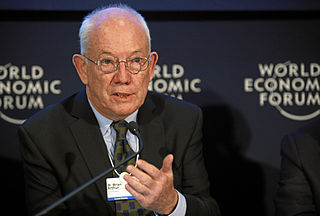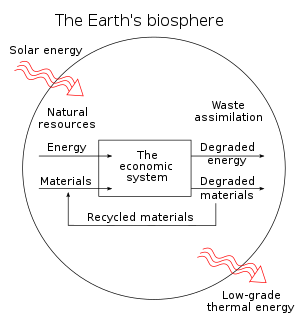A Quote by W. Brian Arthur
The invisible hand is not perfect. Indeed, the invisible hand is a little bit arthritic ... I'm a believer in free markets, but I think we need to be less naïve. We need to accept that markets give us pretty good solutions, but occasionally they will lock in something inferior.
Related Quotes
Dâna, charity. There is no higher virtue than charity. The lowest man is he whose hand draws in, in receiving; and he is the highest man whose hand goes out in giving. The hand was made to give always. Give the last bit of bread you have even if you are starving. You will be free in a moment if you starve yourself to death by giving to another. Immediately you will be perfect, you will become God.
On the one hand, you have markets such as Singapore and Thailand, with an extremely strong inbound booker market and a well-developed tourism industry. You also have markets that are just opening up to tourists, like Myanmar, that have massive growth potential and then markets that are extremely fragmented within themselves such as Indonesia.
People who intend only to seek their own benefit are “led by an invisible hand to serve a public interest which was no part of” their intention. I say that there is a reverse invisible hand: People who intend to serve only the public interest are led by an invisible hand to serve private interests which was no part of their intention.
These people say free markets are the way to go, but wink, wink, the markets aren't really free. They're just a protectionist racket, and we have to pay for it all on every level. It's really quite extraordinary, and immoral, and illegal. These things need to be named, and shamed, and outed, and mocked, and prosecuted.



































